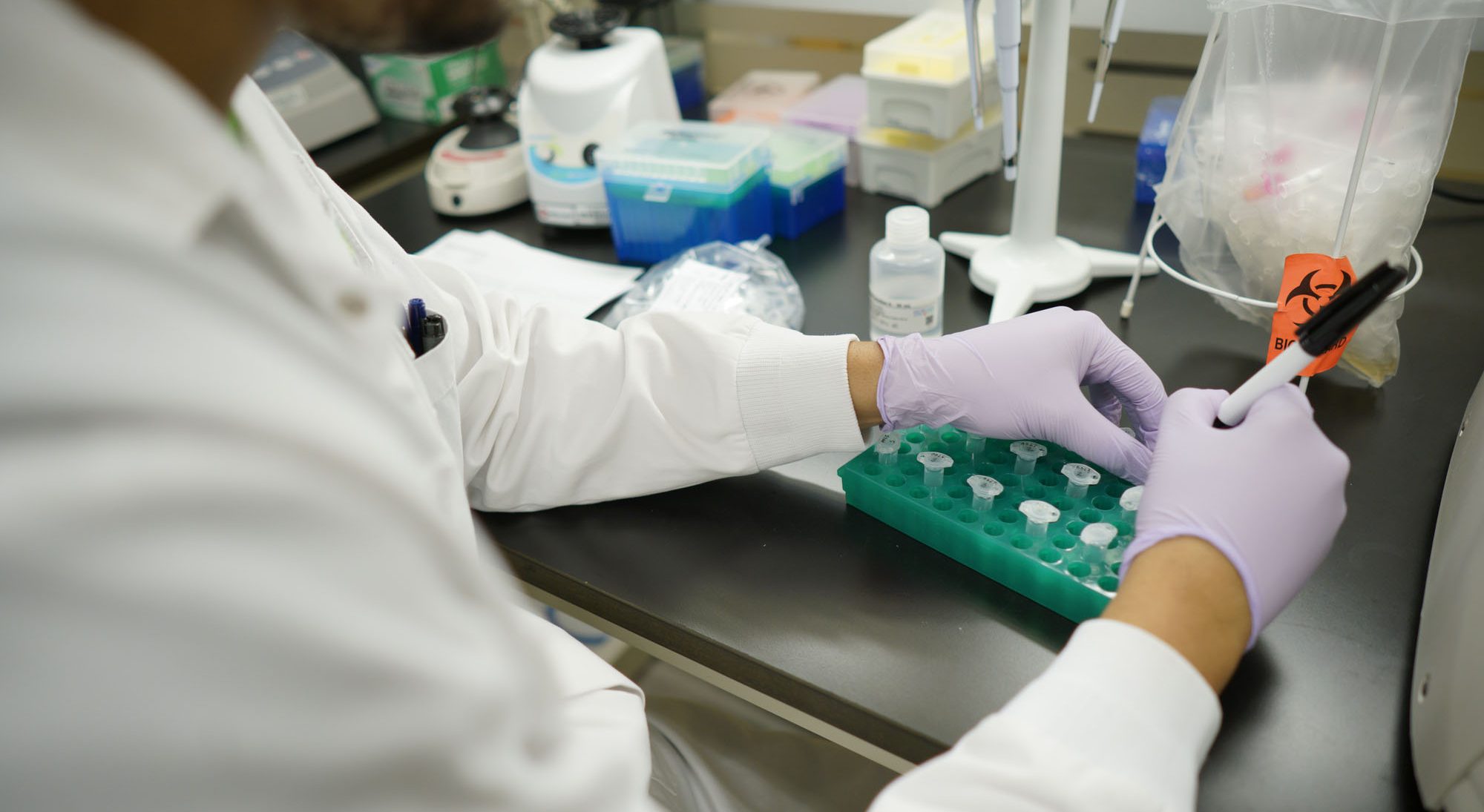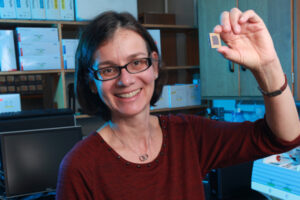Dr. Christine Williams, Dr. Harriet Feilotter and Dr. Laszlo Radvanyi propose an ‘innovation pathway’ for new cancer technologies in Ontario.
Doug Ford brought an important message to his provincial and territorial counterparts at the recent Council of the Federation meeting: Canadians need faster access to potentially life-saving medicines.
The Ontario Premier is right. It takes too long for healthcare innovations to become healthcare practices in this country, and it’s simply not good enough for patients.
That’s especially true in cancer, where early interventions are critical, and where scientists are constantly innovating new, personalized approaches to treatment.
While some delay can be chalked up to pharma companies and how they view the relatively small Canadian market, there are things we can do — and are doing — federally and provincially to speed up the process.

To start, we can invest in nimble health technology assessments. These studies ultimately determine if an innovation will be covered by public health insurance. The faster and more accurate they are, the quicker patients get access. And the more they account for what matters to patients, like quality of life, the more patients will see their priorities reflected in the medicines they receive.
We can also make sure clinical trials — the proving grounds for new medicines — are run efficiently. Too many trials struggle to recruit enough patients to generate meaningful data, and that can hold up progress of a promising treatment.
Thankfully we have structures in place to overcome that challenge. For example, the Canadian Cancer Clinical Trials Network has helped boost recruitment in cancer clinical trials by 130 per cent. That means stronger evidence for what works and what doesn’t, and early access to innovative treatments for Canadians who participate in a trial.
To optimize clinical trials, we must also ensure they don’t get caught up in lengthy review processes. In this province, the Ontario Cancer Research Ethics Board helps streamline the ethics review process for large, multi-site cancer clinical trials. The board’s reviewers specialize in the unique complexities of cancer research, helping avoid back-and-forths with researchers that can take weeks or even months. And having one centralized provincial ethics board, instead of each institution completing its own review, could be a model for streamlining ethics review across the country.
But there’s more to life-saving healthcare than just drugs.
In cancer, new genomic technologies can help diagnose tumours earlier, leading to better outcomes for patients. They can also tell us which medicines will work best for which people — called ‘personalized medicine’ — including some of the innovative drugs the Premier was referring to.
These tests and other new technologies follow a different route from the lab to the clinic than drugs do, but the roadblocks might be even more pronounced. That’s why we and our colleagues at the Ontario Institute for Cancer Research (OICR) are proposing an ‘innovation pathway’ for new cancer technologies in Ontario.
The idea for the pathway is to create a formal structure through which new technologies to diagnose and treat cancer are studied, evaluated and implemented. This way, we can quickly identify the most effective, safest innovations and prioritize them for approval. We can also learn from what doesn’t work well, discontinue it, and feed that evidence back to improve the next generation of technologies.
We aren’t proposing to reinvent the wheel. Great organizations like Ontario Health and the Canadian Drug Agency are already engaged in this work, and their expertise will be critical to creating this pathway. It will also take buy-in from scientists, patient advocates, pharma industry and government at the provincial and federal levels.
But if we can work together to embrace new innovations and adopt a systematic approach to evaluating them, we can save lives and build a healthcare system that is the envy of the world.
Christine Williams is Executive Vice President and Head of Implementation Science at the Ontario Institute for Cancer Research and the Executive Director of ACCESS childhood cancer consortium.
Harriet Feilotter is Division Head for the University Health Network’s Genome Diagnostics and Service Chief for Clinical Genetics at the Kingston Health Sciences Centre, as well as co-Lead for Implementation Science and Lead of the Ontario Molecular Pathology Research Network at the Ontario Institute for Cancer Research.
Laszlo Radvanyi is President and Scientific Director of the Ontario Institute for Cancer Research.
The views expressed in this article are those of the authors and do not necessarily reflect the views of the Province of Ontario.



